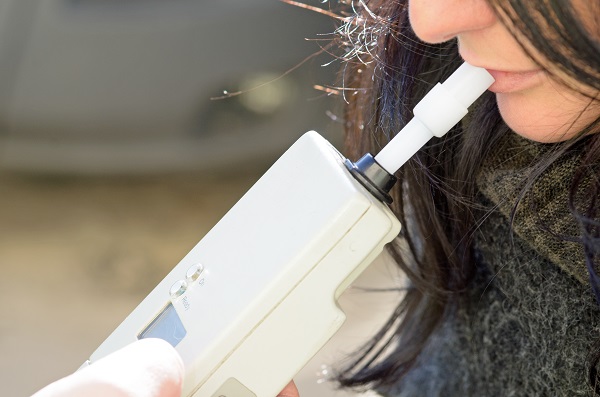Common Myths about Breath Testing

Even law enforcement officers, prosecutors, and defense attorneys persist in believing several common myths about breath testing. This article explains why those myths are incorrect and how the truth could assist in defending a DUI.
Myth: Belching and Vomit Do Not Affect Breath Test Results.
Some people think that burping, belching, vomiting, and indigestion do not have a significant effect on breath tests results. Science has shown that this idea is fundamentally incorrect. Vomit, gas, and residual mouth alcohol all can contaminate breath specimens, leading to elevated readings of blood alcohol content from a breathalyzer. Mason & Dubowski, Breath as a Specimen for Analysis for Ethanol and Other Low-Molecular-Weight Alcohols, Medical-Legal Aspects of Alcohol 177, 180 (James C. Garriott ed., 4th ed. 2003); Harding, Methods for Breath Analysis, Medical-Legal Aspects of Alcohol 185, 186 (James C. Garriott ed., 4th ed. 2003); Kechagias, et al., Reliability of Breath-Alcohol Analysis in Individuals with Gastroesophageal Reflux Disease, 44 (4) J Forensic Sci. 814, 814 (Jul. 1999).
Myth: Breath Tests Only Detect Alcohol, Not Other Environmental Substances.
Breathalyzers are supposed to detect ethanol concentration in the breath. However, their results may be affected by other substances similar in chemical composition to ethanol that breathalyzers do not detect. For example, scientists have shown that lacquer, paint thinner and toluene, among other chemicals, can skew results. See, e.g., Edwards, et al., Intoxilyzer Interference by Solvents, 10 (3) Journal of Analytical Toxicology 125, 125 (May-June 1986).
Myth (?): Diabetes Cannot Skew Breath Test Results
This myth may not be a myth – it is still hotly debated by scientists and courts, and studies have shown conflicting results. Diabetes and hypoglycemia cause higher levels of acetone in the body, which may affect breath test results because acetone is similar in chemical structure to ethanol. The argument that diabetes will skew results seems to line up with studies showing that residual mouth alcohol can cause incorrect BAC results – which is why swishing mouthwash (which contains alcohol) right before a breath test is a bad idea. However, several studies indicate that the acetone effect may be so minor as to not significantly affect a breathalyzer.
If you need representation in an Oklahoma court for a DUI charge, seek out the attorney who teaches other attorneys and law enforcement about sobriety testing techniques. Clint Patterson, Esq., of Patterson Law Firm, a former Tulsa prosecutor now using his trial experience and expert-level knowledge of DUI science to defend drivers, may be able to challenge gas chromatography testing for you. To schedule a case evaluation, visit Patterson Law Firm online or call Clint’s office at (918) 550-9175.

